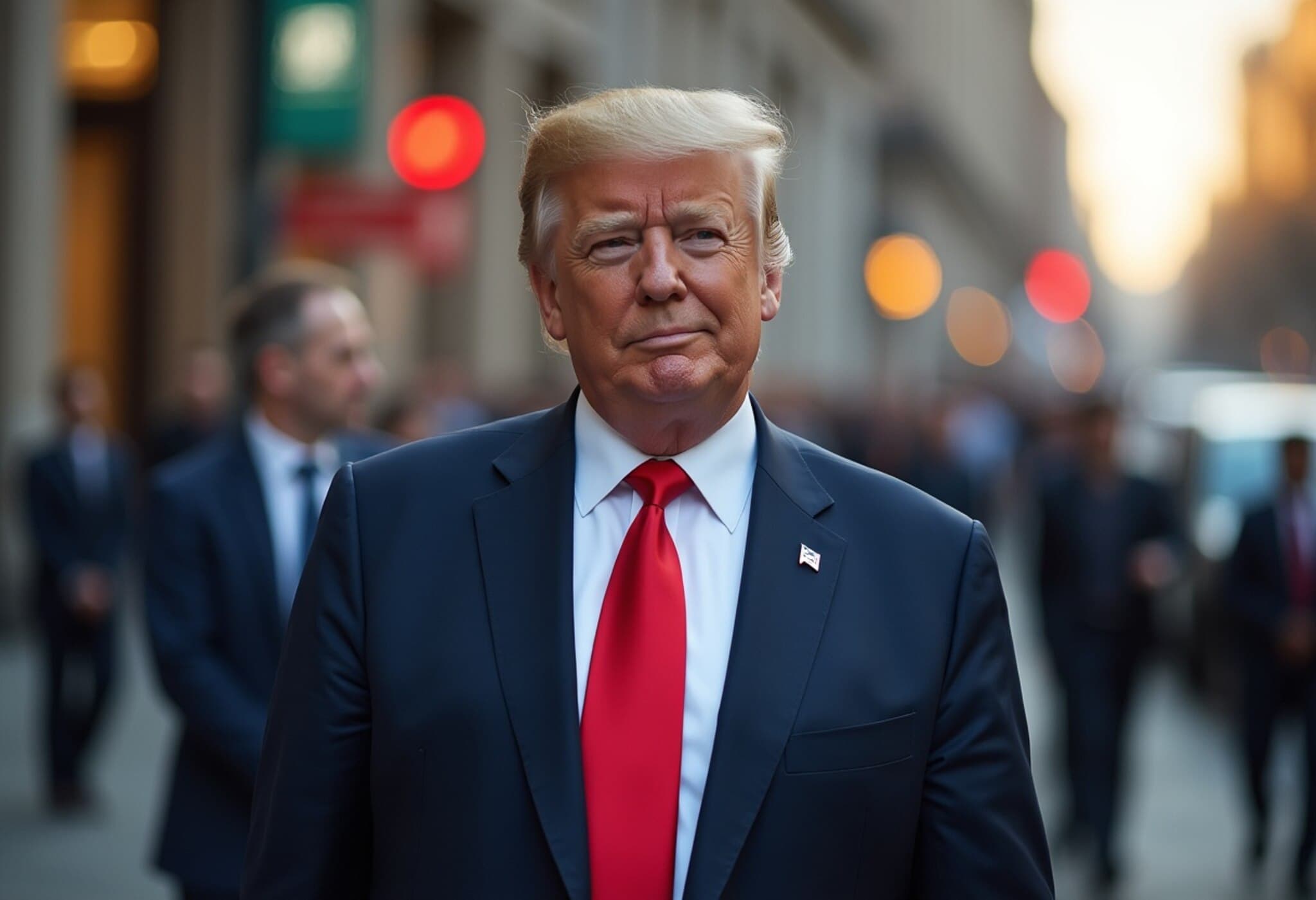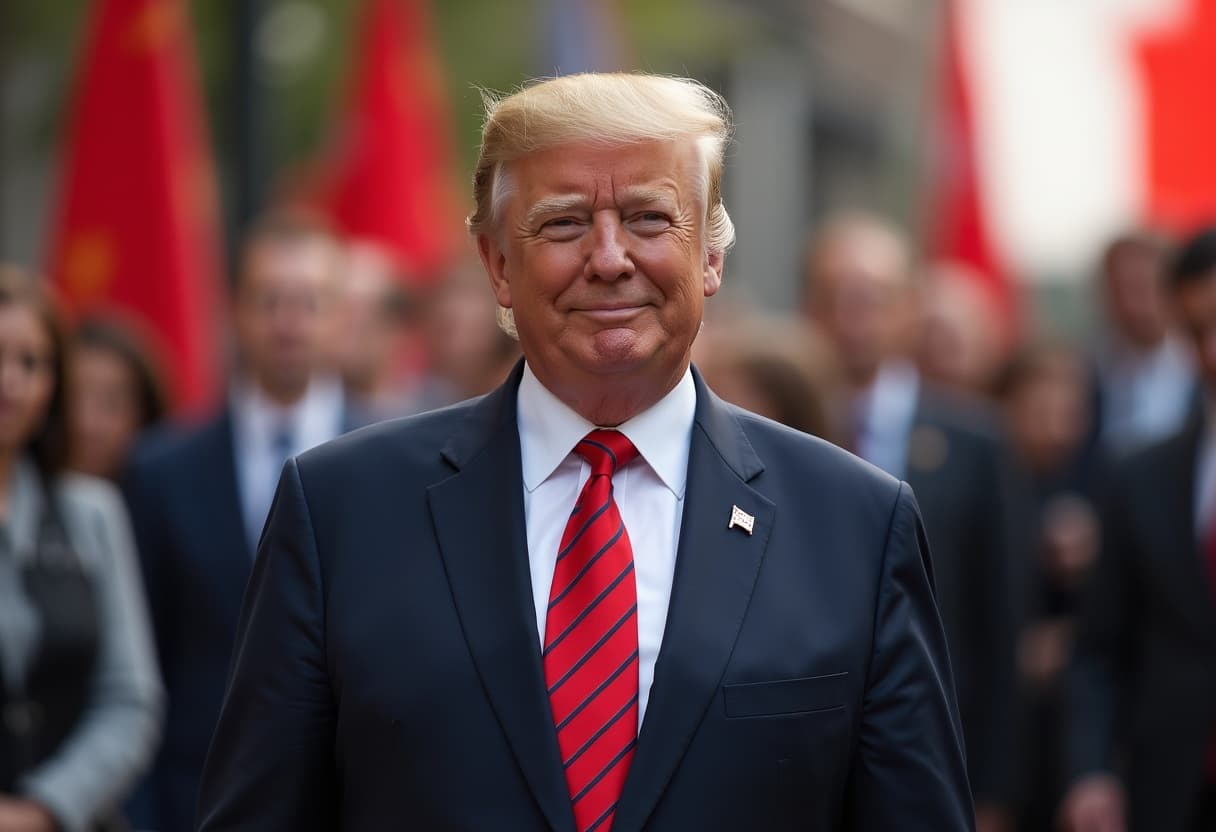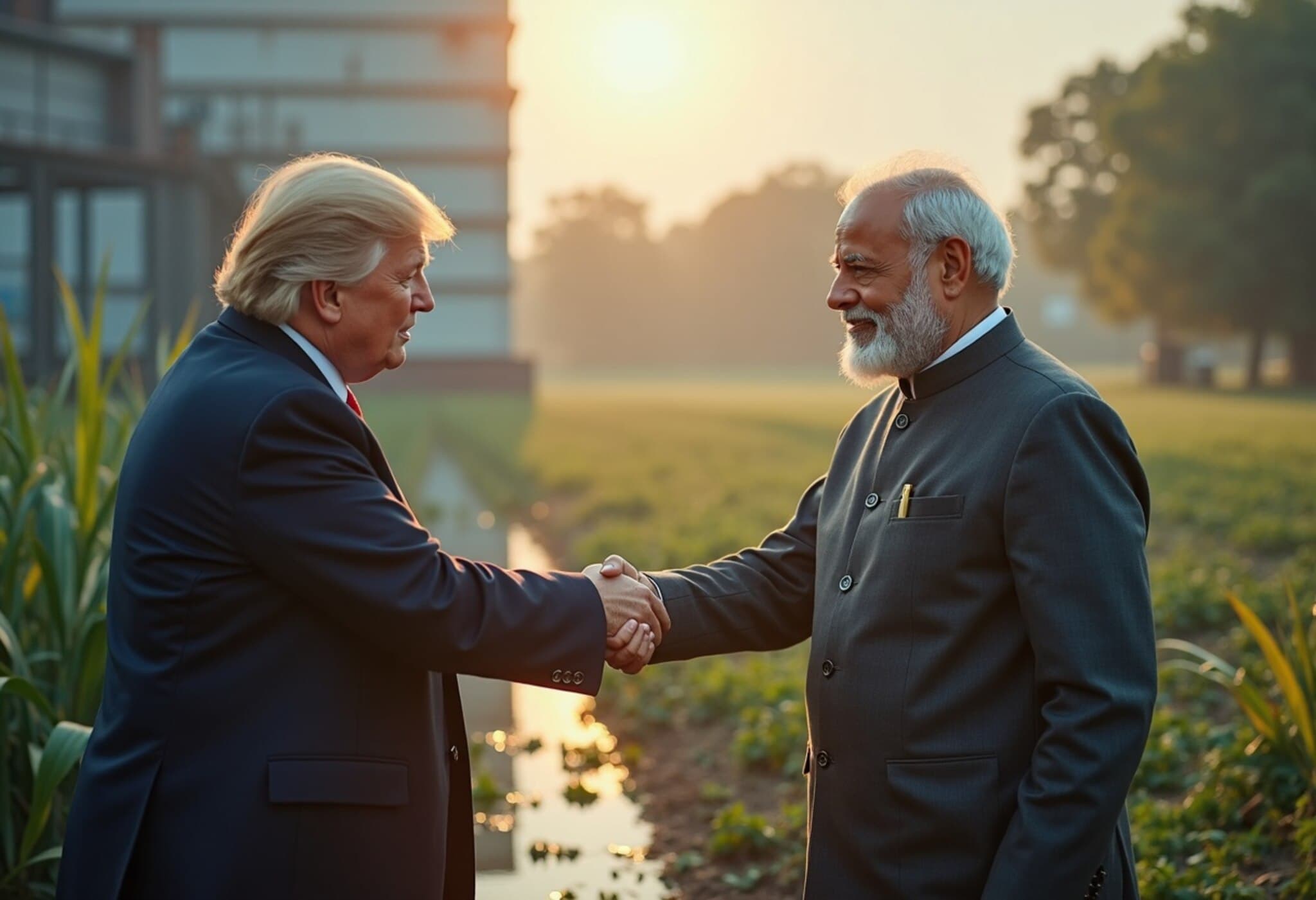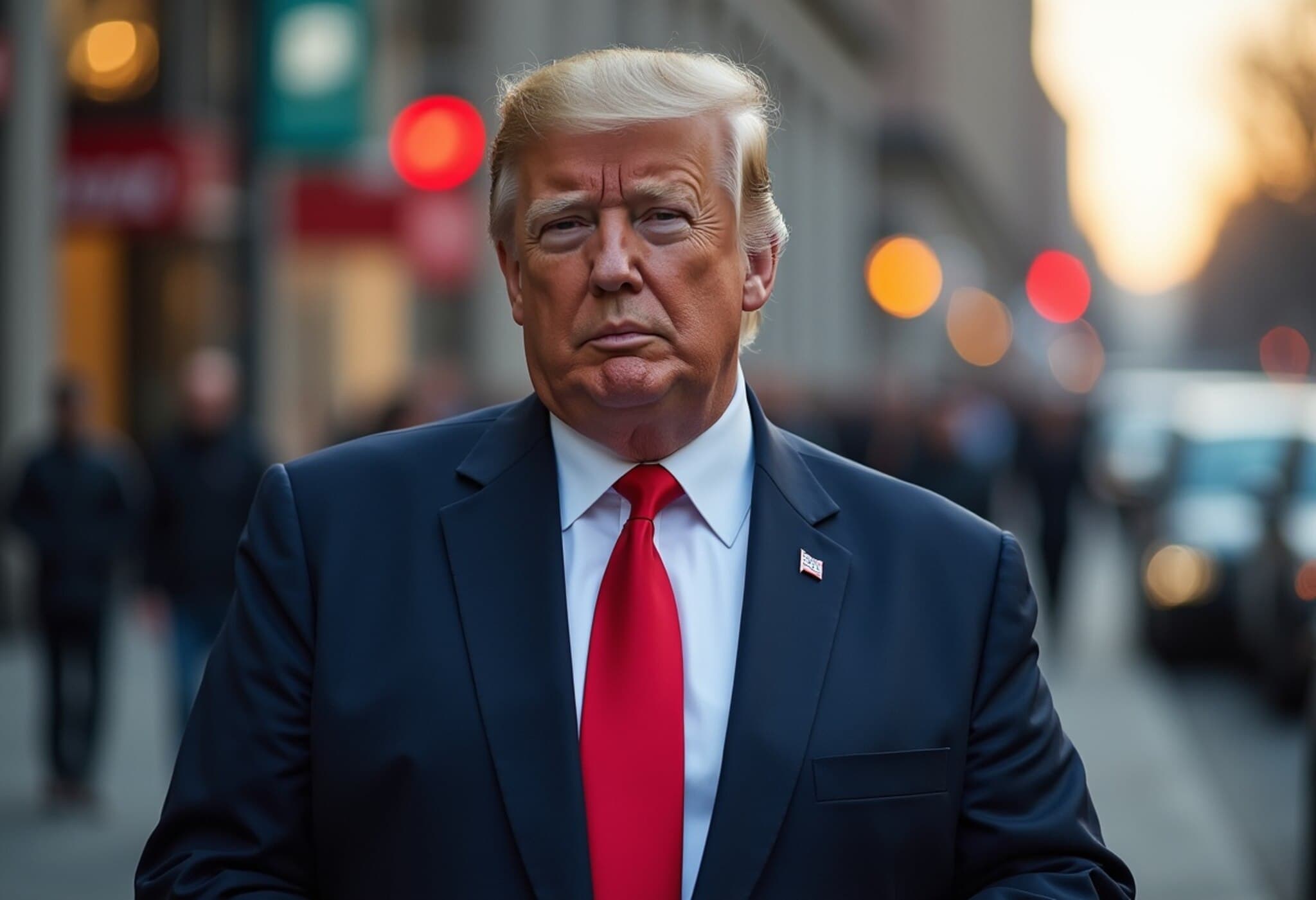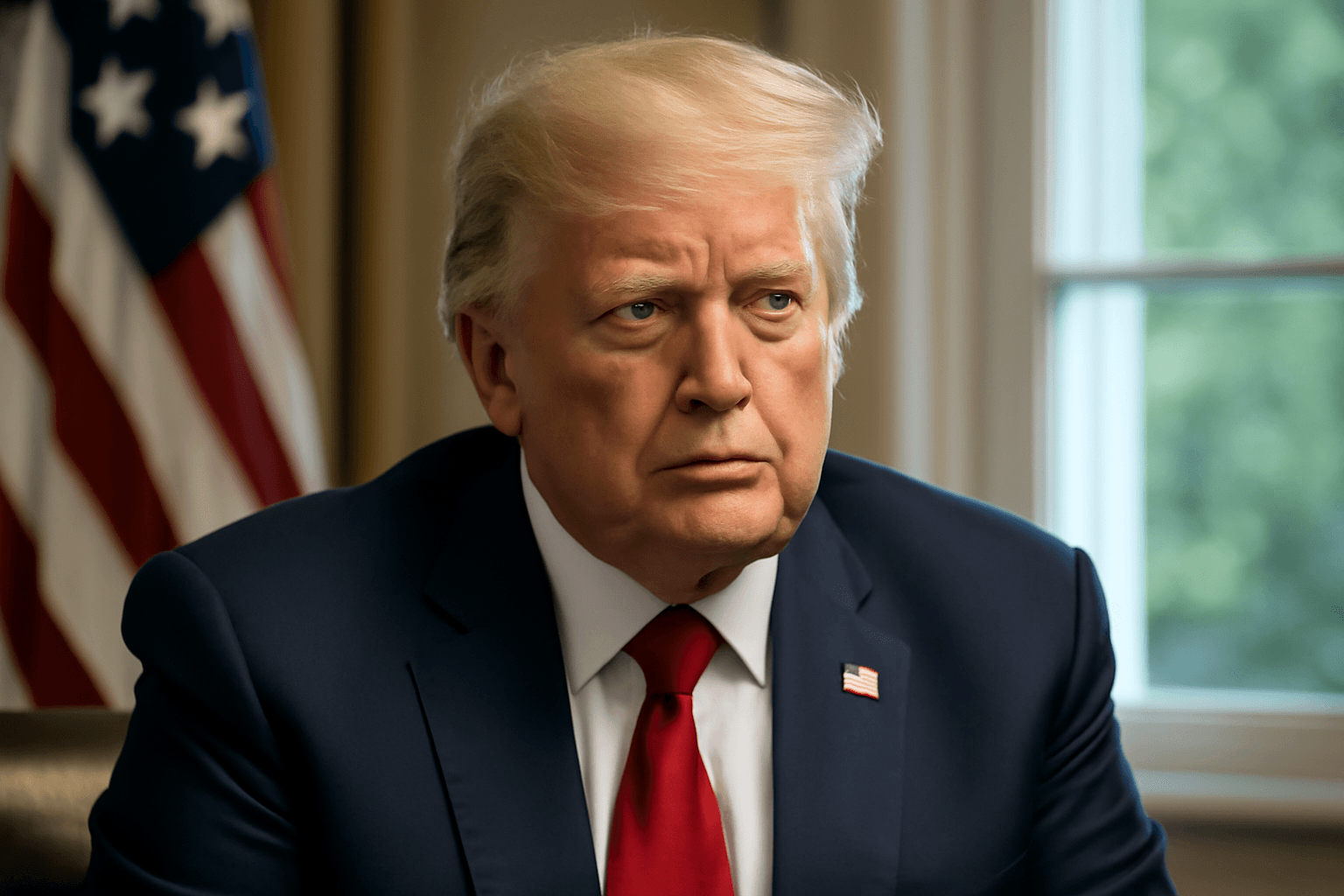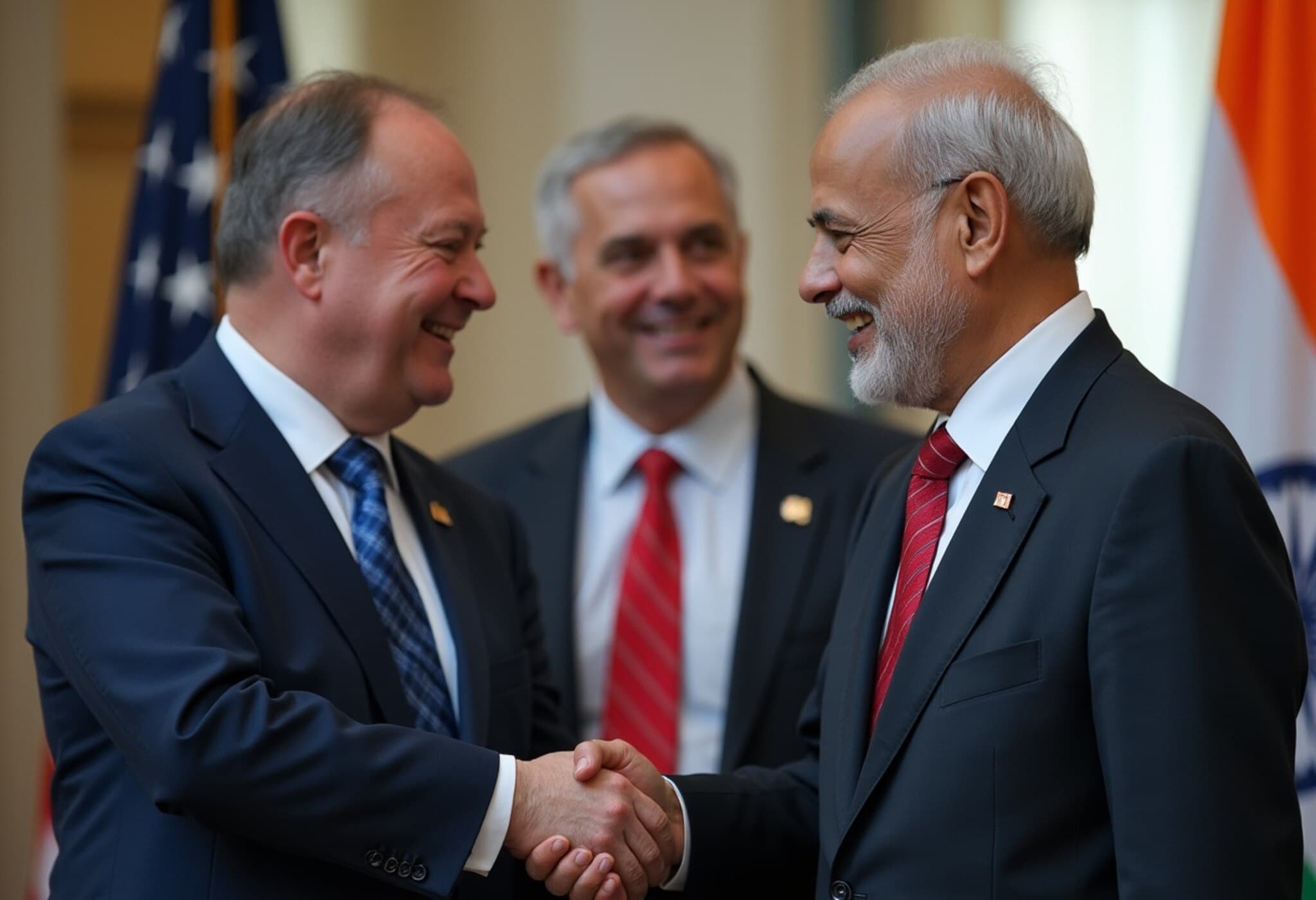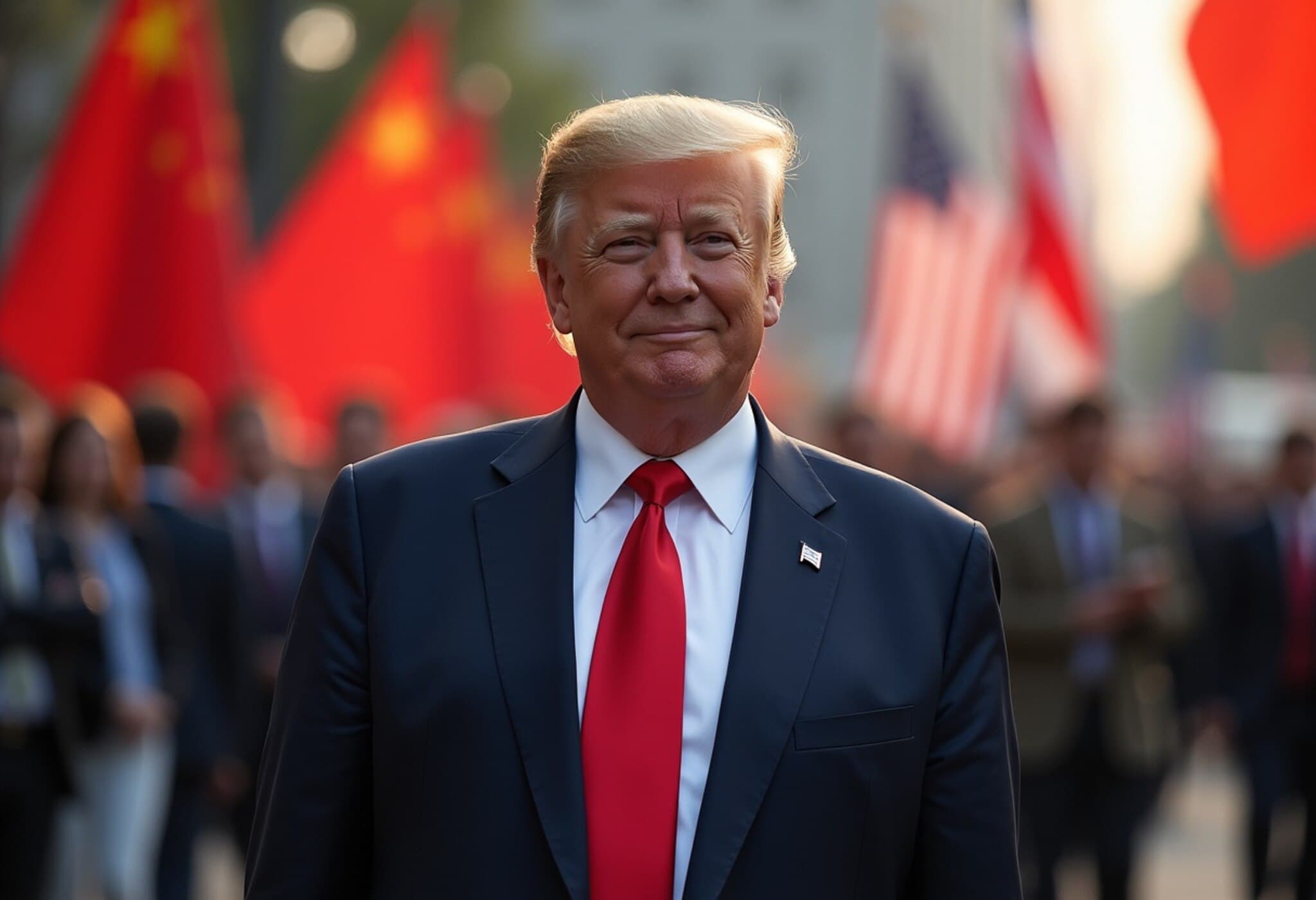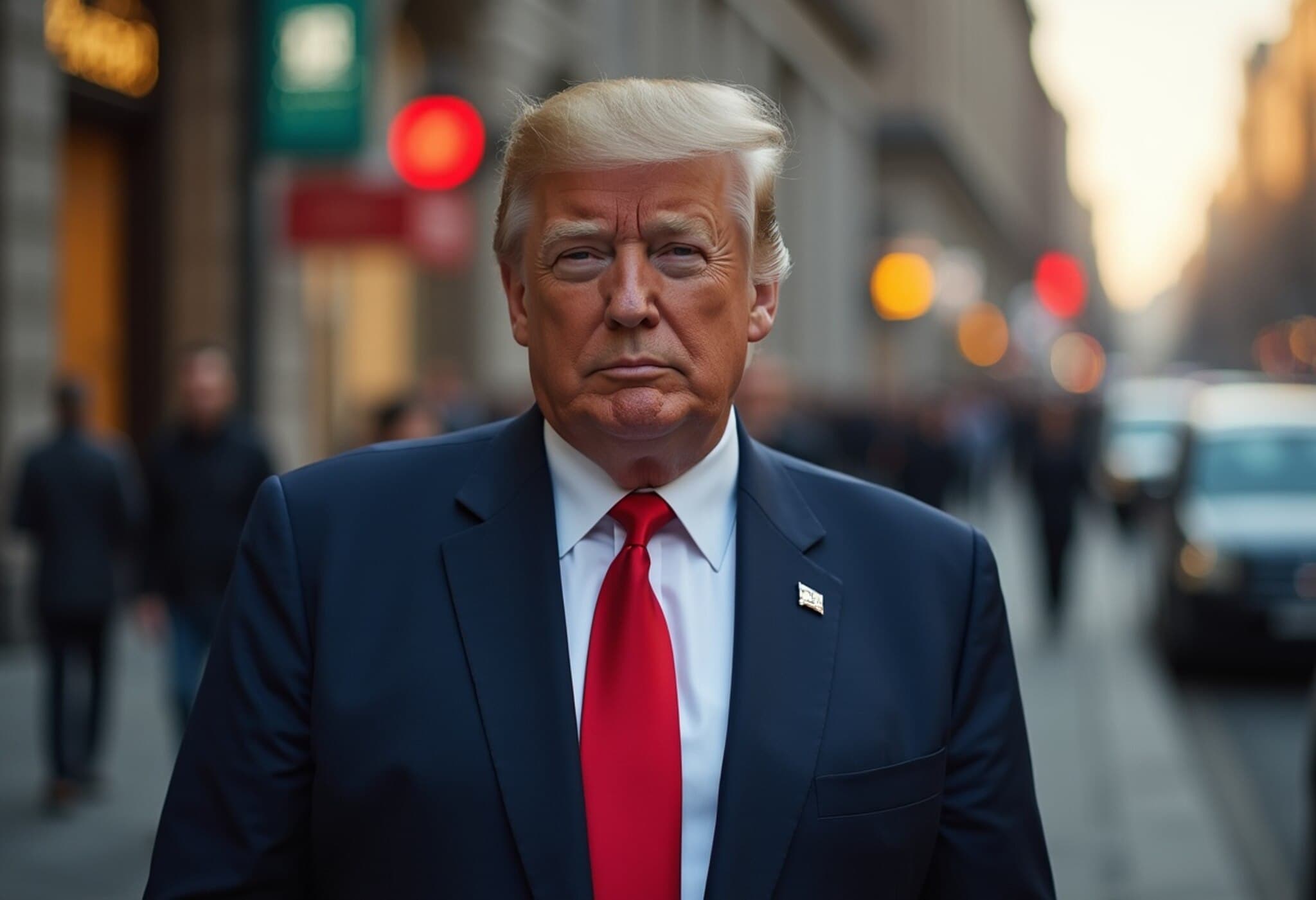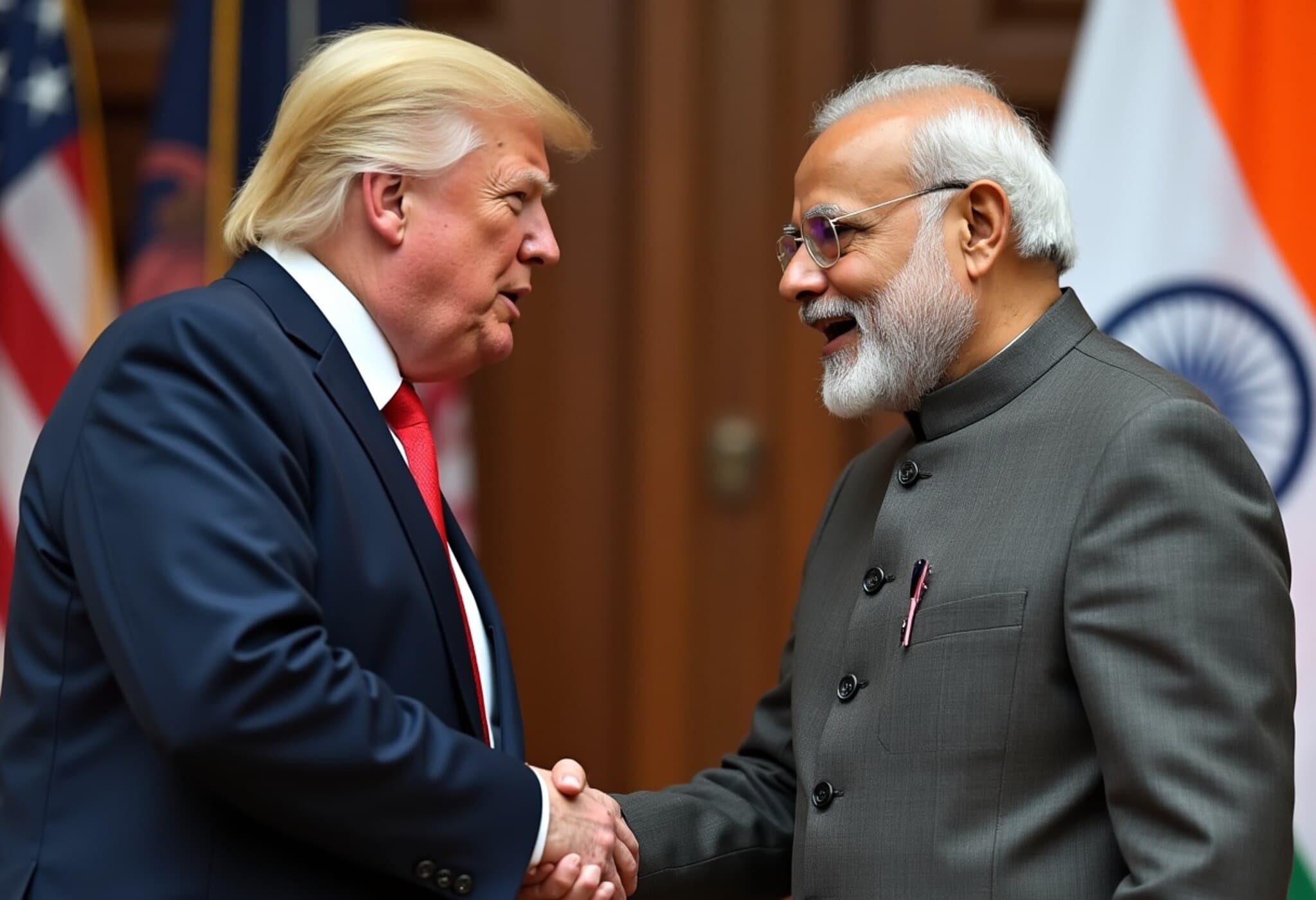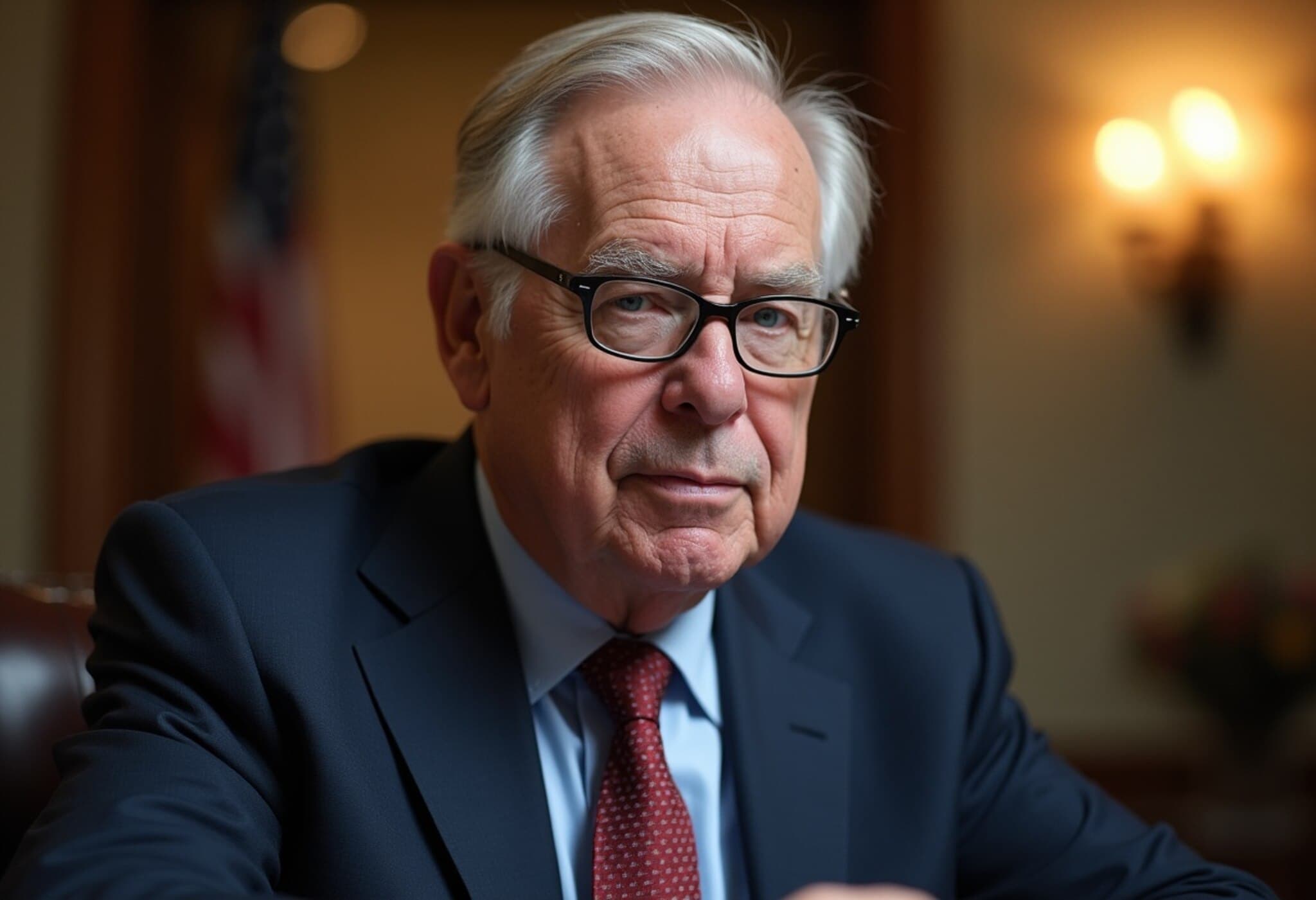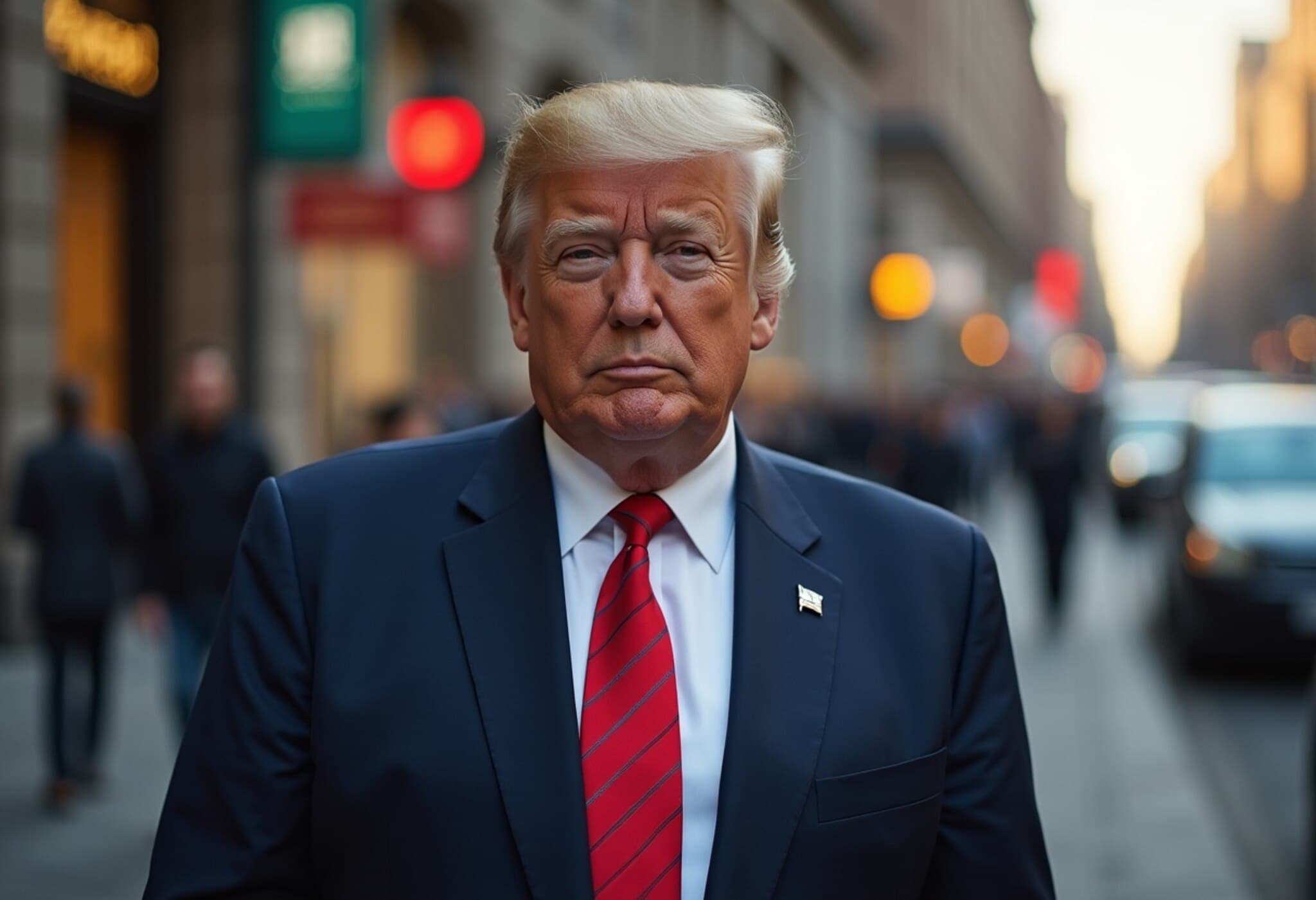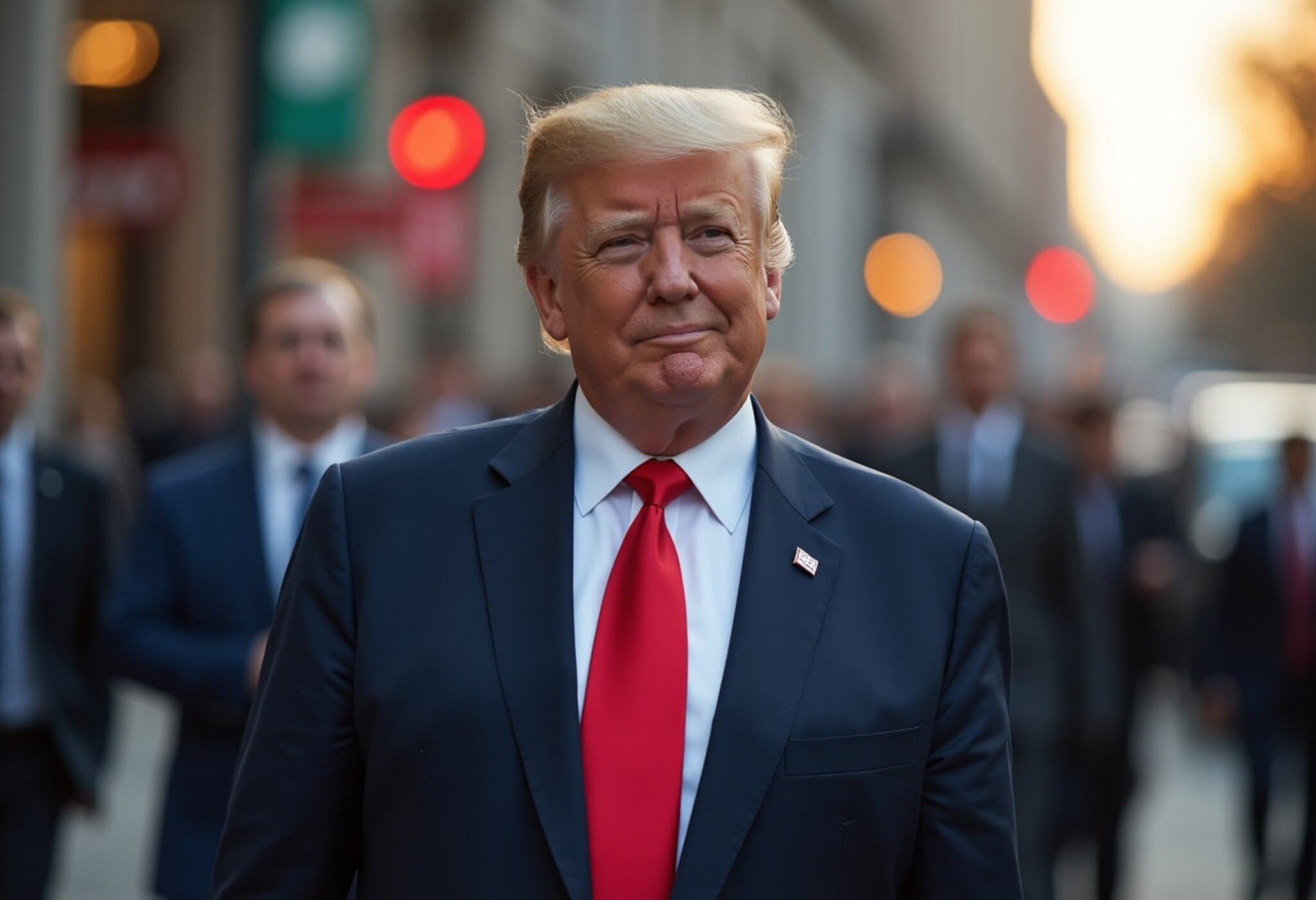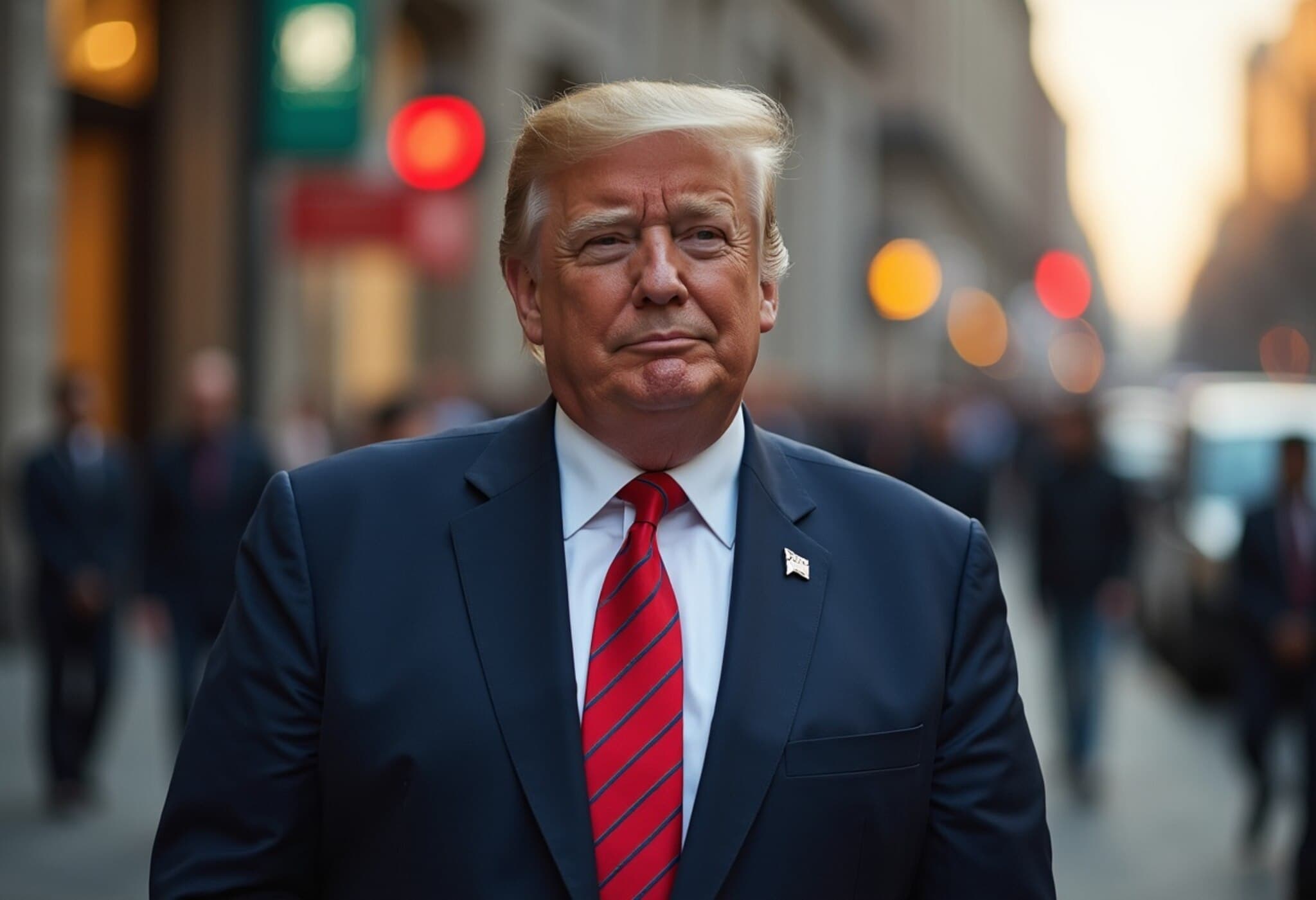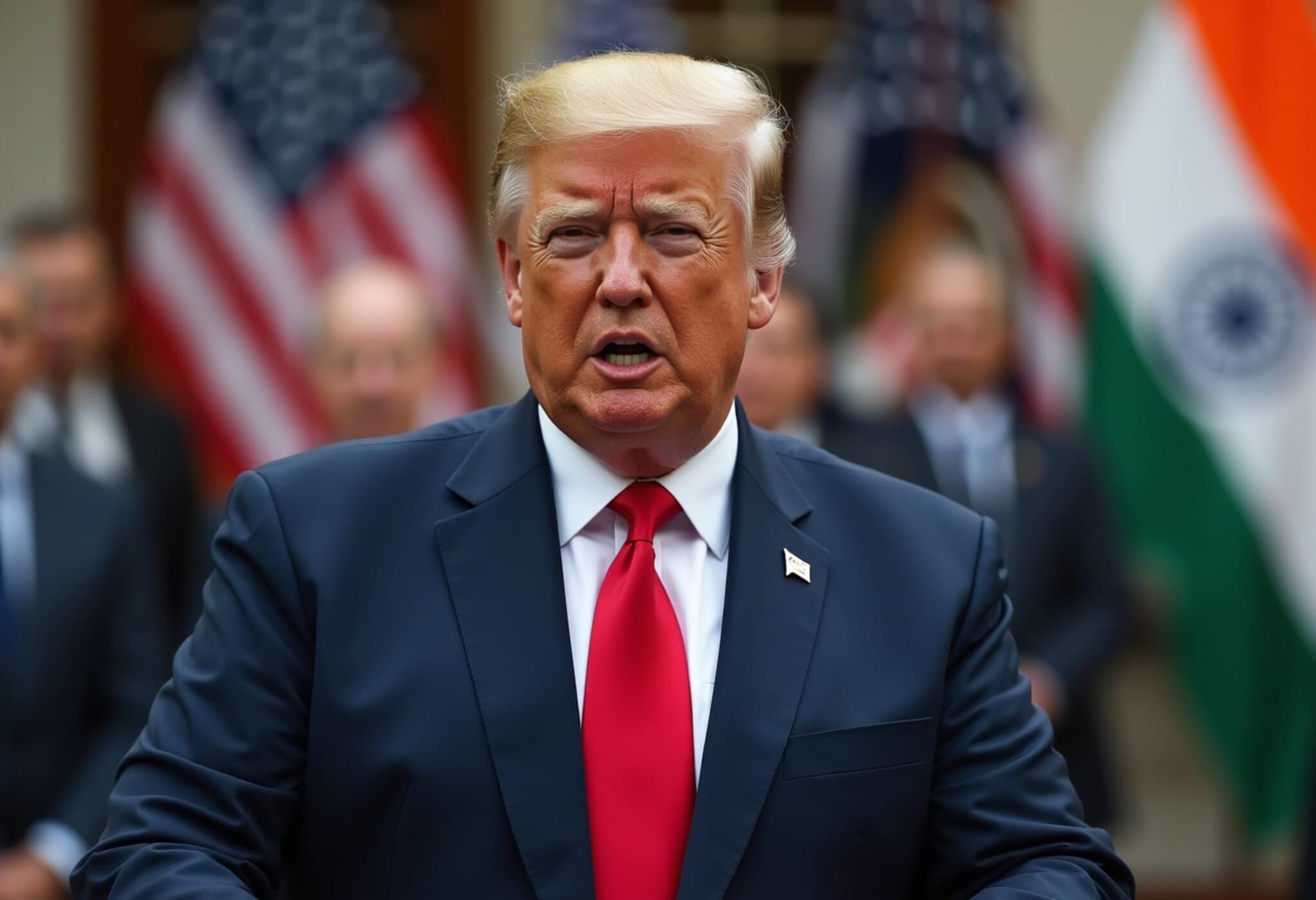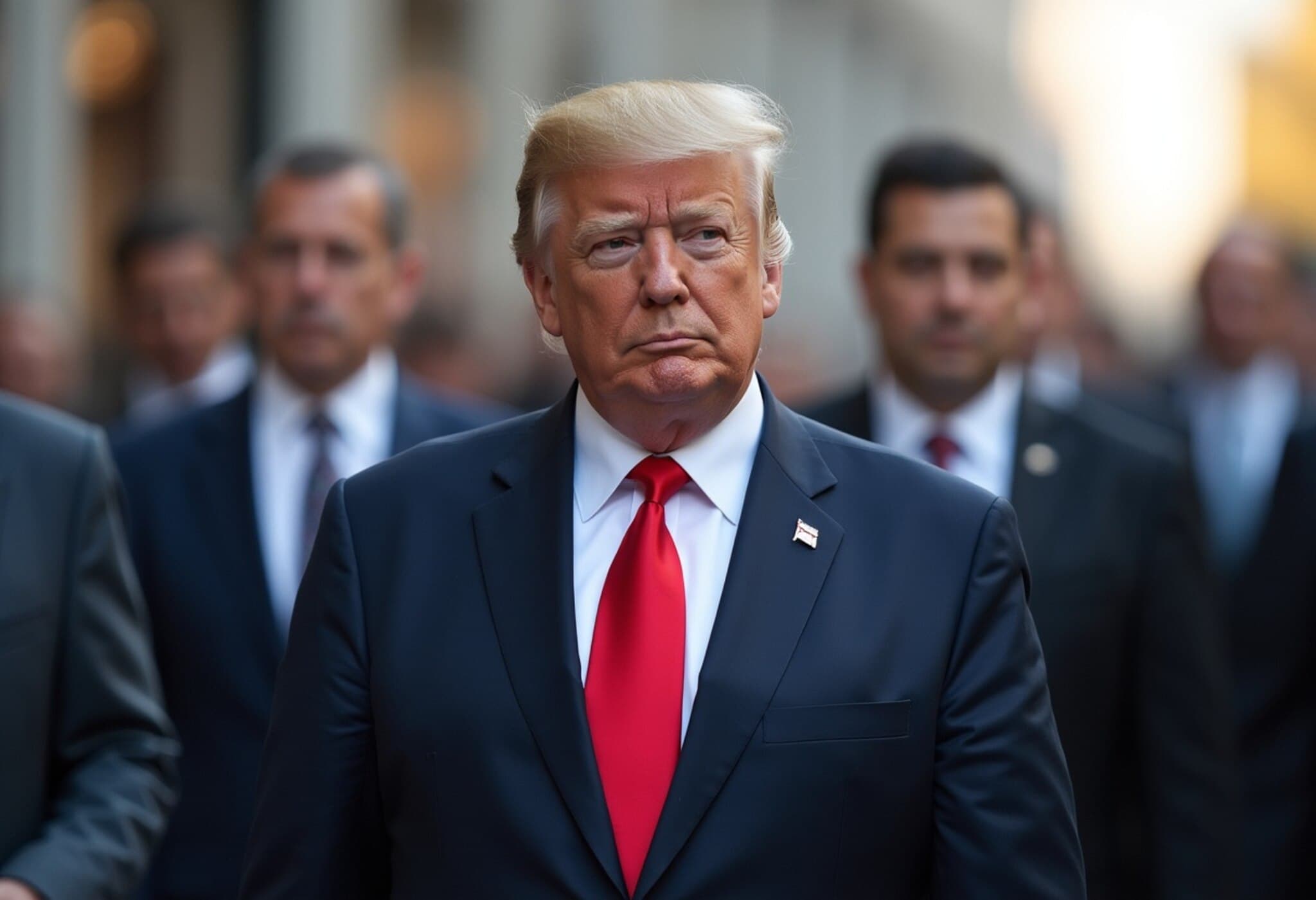Mary Millben Calls for US-India Cooperation Amid Trade Tensions
Amid escalating trade frictions between the United States and India, African-American singer and activist Mary Millben has publicly urged both nations to strengthen their strategic partnership rather than allowing tariff disputes to drive them apart.
Through a heartfelt message shared on social media platform X, Millben emphasized the deep mutual dependence between the two countries, warning that harsh rhetoric surrounding tariffs threatens the foundations of this vital alliance.
“I’ll say again: America needs India, and India needs America. Any direction in policy that strains our strategic alliance is the wrong direction,” Millben wrote.
The Human Cost of Tariff Disputes
Millben specifically highlighted the adverse impact of the ongoing “tariff tug of war” on small businesses in both the US and India — communities she says she connects with regularly.
“Countless small businesses on both sides are suffering due to these tensions,” she noted. “@POTUS and @NarendraModi, my beloved leaders, this exchange of ‘muscular verbiage’ on tariffs is troubling us all. Negotiate as real friends. Find common ground. Your legacies and the well-being of our countries depend on this moment.”
Context: Trump’s Hardline Stance on India’s Trade Practices
Millben’s appeal comes shortly after former President Donald Trump sharply criticised India’s trade policies in an interview and announced plans to significantly raise tariffs on Indian imports.
Highlighting India’s high tariff rates— which he claims are among the highest globally — Trump linked India’s continued purchase of Russian oil to a broader geopolitical conflict, stating, “They’re fueling the war machine. If they’re going to do that, then I’m not going to be happy.”
The Trump administration argued these issues have led to a stalled US-India trade deal, exacerbating tensions at a time when cooperation against emerging global challenges is increasingly crucial.
India’s Rebuttal and the Question of Double Standards
India’s Ministry of External Affairs fired back with a stern statement, denouncing the US and European Union’s criticism as “unjustified and unreasonable.” The Ministry highlighted what it perceives as a double standard, noting that both the US and EU continue trading with Russia despite admonishing India’s procurement of Russian crude.
“Such trade is not even a vital national compulsion for them, unlike for us,” the MEA emphasized, underscoring India’s unique energy security considerations against a backdrop of international sanctions and geopolitical rivalry.
The Broader Diplomatic Implications
Adding a significant voice to the debate, former US Ambassador to the United Nations Nikki Haley cautioned against endangering the US-India partnership, which she described as pivotal in countering China’s growing regional influence.
“India should not be buying oil from Russia. But China, an adversary and the number one buyer of Russian and Iranian oil, got a 90-day tariff pause,” Haley pointed out. “Don’t give China a pass and burn a relationship with a strong ally like India.”
Haley’s comments underline a critical dimension often overshadowed in trade disputes — the strategic geopolitical alliance between two of the world’s largest democracies amid a shifting global order.
Expert Perspectives: What’s at Stake?
- Economic Integration: The US and India represent enormous markets, and tariff wars disproportionately hurt small and medium enterprises that rely on cross-border trade.
- Geopolitical Partnership: As both countries navigate complex relations with China and Russia, maintaining coherence in trade policy sends a message of unity on the world stage.
- Energy Security: India’s energy needs and US sanctions on Russia create a geopolitical balancing act that requires nuanced diplomacy rather than punitive tariffs.
Trade experts highlight that while protecting domestic industries is important, aggressive tariff escalation risks backfiring and undermining long-term partnerships critical to regional stability and global economic health.
What Lies Ahead?
With mounting pressure from voices like Mary Millben and Nikki Haley, policymakers are faced with pivotal choices. Will they escalate the tit-for-tat tariff impositions or pursue dialogue rooted in mutual respect and shared interests?
Beyond economics, this moment tests leadership’s ability to prioritize alliances over short-term political gains. The global community — and the countless small businesses caught in this crossfire — are watching closely.
Editor’s Note:
This unfolding US-India tariff confrontation highlights more than just fiscal policies; it reveals the intricate weave of diplomacy, economics, and international strategy. For Americans and Indians alike, the stakes are profoundly human — every tariff affects business owners, workers, and families. Moving forward, it’s essential to ask: How can great powers like the US and India balance national interests with global leadership responsibilities? As citizens and observers, our engagement and informed dialogue can encourage solutions that foster cooperation, not conflict.



